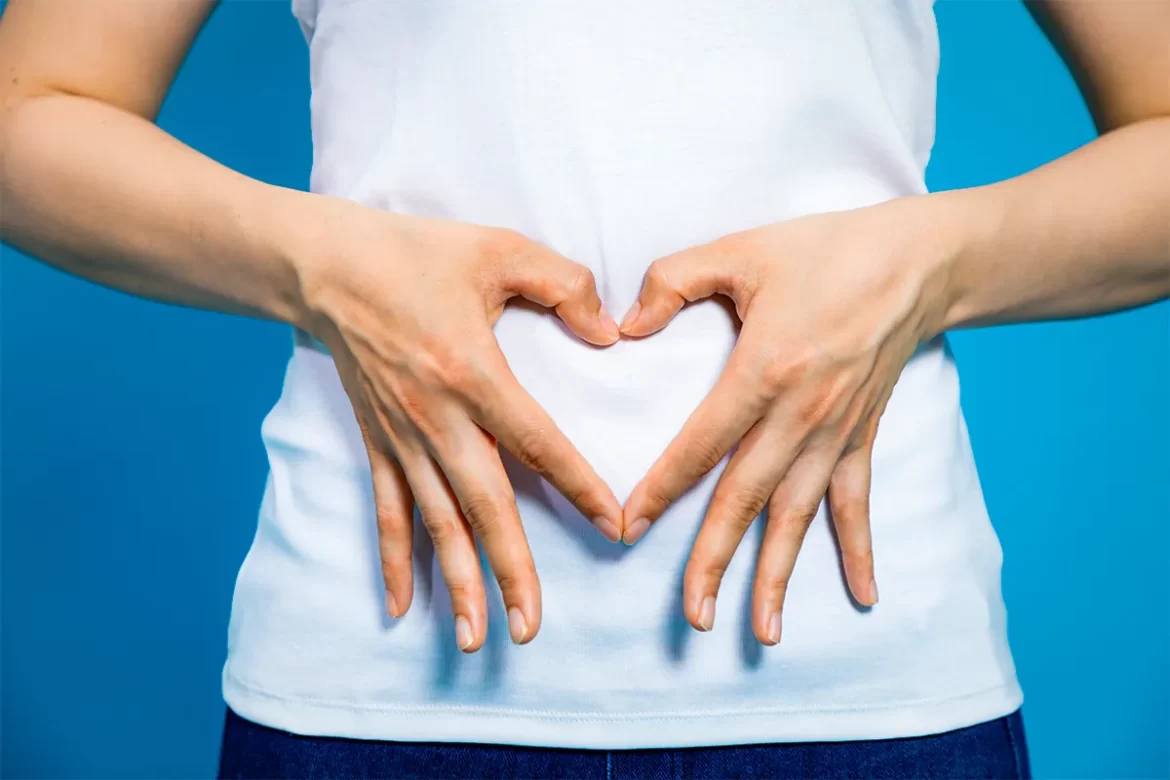Probiotics are beneficial bacteria that reside in the digestive tract and strengthen the body’s immune system. They can be found naturally in foods like kefir, yogurt, kimchi, sauerkraut and aged cheeses.
Maintaining a balanced population of beneficial bacteria in the gastrointestinal tract is essential for overall wellbeing. Signs that an imbalance has occurred may include bloating, gas, diarrhea and yeast infections.
Reduces Symptoms of Digestive Disorders
The digestive system is an intricate web of organs that breaks down food and absorbs essential nutrients for your body. While essential to overall wellbeing, it can also present potential issues.
Some digestive disorders are minor, while others can progress to chronic diseases. It’s essential to recognize the warning signs of a serious problem so you can contact your doctor and receive prompt medical care.
Digestive disorders can be caused by a variety of issues, such as food allergies, environmental elements, infections and inflammation. Signs include bloating, diarrhea, constipation and stomach pain.
If you experience frequent heartburn or acid reflux, you may have gastroesophageal reflux disease (GERD). This chronic condition causes stomach acids to back up into your esophagus, leading to symptoms like chest pain, bad breath and difficulty swallowing.
Boosts Immune System
Probiotics have the potential to strengthen your immune system in several ways. One such way is by stimulating cytokines, which help defend the body against infection and disease.
Probiotic benefits vary between strains, making it important to find the right one for you. According to Cresci, each probiotic strain has a distinct mechanism of action and taking multiple types of probiotics can provide maximum health benefits.
Probiotics have the power to inhibit pathogenic bacteria growth and produce antimicrobial compounds called bacteriocins, which are absorbed through digestion and help prevent infections. Furthermore, probiotics improve lipid profiles by controlling insulin and blood sugar levels – potentially aiding in weight loss as well as other related disorders like diabetes or high cholesterol.
Fights Off Toxins
Probiotics can help relieve symptoms associated with digestive disorders and promote the overall health of your gut. When a balanced balance of bacteria exists in the gut, your body’s ability to absorb essential nutrients and eliminate toxins is restored.
Probiotics can be obtained in two ways: taking supplements or eating fermented foods that contain beneficial microorganisms. Examples of such items include kefir, sauerkraut, kombucha and other fermented dairy products.
Supplementing with probiotics is important, but maintaining a healthy lifestyle is just as important. By eating nutritiously, getting enough sleep, exercising regularly, and practicing stress reduction techniques, you can give your body the tools it needs to heal itself.
Relieves Gas & Bloating
Bloating is a common experience for 15 to 30% of Americans, and those with Irritable Bowel Syndrome (IBS) may find it even more annoying. Probiotics are an effective solution to relieve gas and bloating by improving your gut’s microbiome.
Your gut microbiome is made up of trillions of bacteria, yeast, and protozoa that live in your digestive tract. Maintaining a healthy balance among these microorganisms is critical for overall wellbeing.
Studies suggest an imbalance of gut microorganisms may contribute to bloating and other digestive symptoms; this imbalance is known as dysbiosis.
Probiotics can help strengthen your gut microbiome by introducing beneficial strains into it. One such probiotic is Bacillus species, while Lactobacillus and Bifidobacterium can also be taken daily for optimal gut health benefits.
Reduces Mental Health Symptoms
The brain and gut are connected through a network known as the “gut-brain axis.” Imbalances in this system have been associated with mental health conditions, such as depression.
Probiotics can help restore balance to the gut, relieving symptoms of anxiety and depression alike. Studies suggest probiotics may reduce depression by stimulating neurotransmitters like serotonin and dopamine production.
A 2022 randomized, controlled study published in Translational Psychiatry revealed that taking high-dose probiotics led to decreased depression symptoms – even after participants had already participated in therapy and taken antidepressant medication. However, the researchers cautioned that psychobiotics such as those used in this experiment should only be considered alongside traditional therapies.




